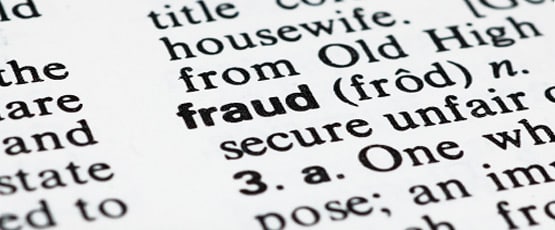The Chamber of Commerce has commenced a well-financed and aggressive lobbying campaign to undermine America’s most effective whistleblower law, the False Claims Act. To justify its anti-whistleblower campaign the Chamber published a report entitled, “Fixing the False Claims Act: the Case For Compliance-Focused Reforms.” The purpose of this blog series is to combat the Chamber’s misinformation, and explain why the False Claims Act must be protected. Whistleblowers and their supporters are strongly urged to read this blog series and share it with friends.
Fact Number 23:
The Chamber of Commerce alleges that under the FCA, “courts have increasingly been willing to award the United States all amounts paid on a claim, without considering the actual out-of-pocket loss to the government and ignoring the benefits of goods and services that were received by the government.”
This accusation incorrectly states the controlling law and is not accurate. The actual rule is extremely clear: “[T]he Supreme Court has instructed that [the] ‘Government’s actual damages are equal to the difference between the market value of the [product] it received and retained and the market value that the [product] would have had if [it] had been the specified quality.”
This legal rule is not controversial and results in a fair assessment of damages in almost all FCA cases. The Chamber’s proposal would actually change the long-standing rule that permits the government to obtain adequate damages in cases when the United States receives no value whatsoever from the defendant who robbed from the taxpayer.
The current rule of law, universally accepted in the courts, only permits the United States to alter the “benefit of the bargain framework” outlined above in a very narrow group of cases in which “the government proves that it received no value from the product delivered.” The Chamber’s defense of contractors, who take federal monies, commit fraud, and provide “no value” whatsoever to the taxpayers after taking the taxpayer’s money, is inexplicable. The case for which the Chamber rests its argument exposes the dangerous nature of the so-called “reform.” The grant program for which the defendant defrauded was intended to “help small businesses maintain and strengthen the competitive free enterprise system.”
Rather, the company used this program designed to help small businesses to illegally enrich themselves at taxpayer expense. As to the “benefit” obtained by the United States in exchange for the company obtaining hard-earned taxpayer money, the court explained that “the contracts entered into between the government and Defendants did not produce a tangible benefit. . . these were not, for example, standard procurement contracts where the government ordered a specific product.”
Significantly, the product produced by the fraudsters was not even owned by the government: “[T]he purpose of the grant program was to enable small businesses to . . . commercially market their products. The Government’s benefit of the bargain was to award money to eligible deserving small businesses . . . [which] was lost as a result of the Defendants’ fraud.”
Thus, the Defendant illegally took taxpayer money, to develop a product that the government would not own, and that they could thereafter sell for a profit on the market. The defendants not only stole from the taxpayer, but also used their ill-gotten gain to obtain a competitive advantage in the free market over companies that did not lie to obtain a grant.49 Why would the Chamber of Commerce want to support such fraudulent activity?
“Why would the Chamber of Commerce want to support such fraudulent activity?”
In addition, an Action Alert has been issued by the National Whistleblower Center so members of the public inform their representatives that the False Claims Act should not be “reformed” as proposed by the Chamber.
